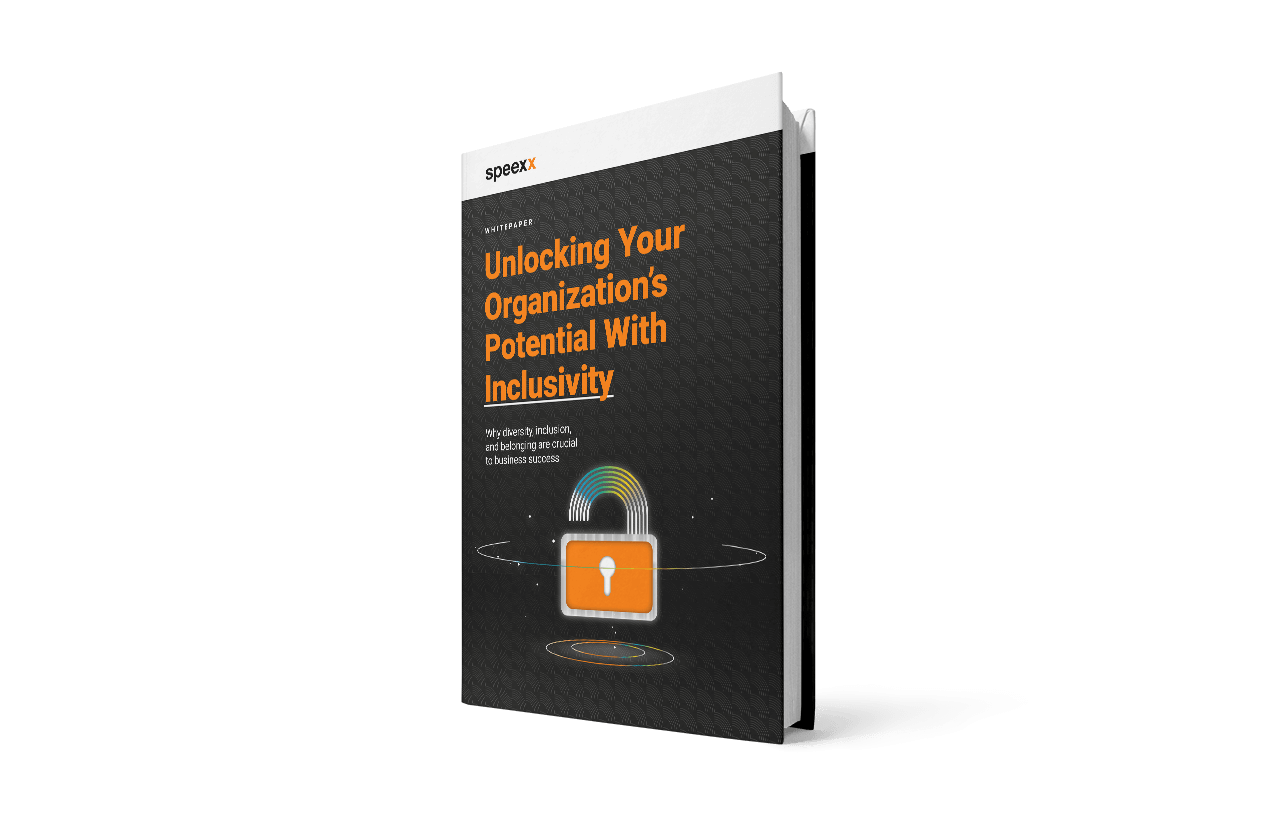Organizations constantly strive for innovation, growth, and profitability in today’s fast-paced world. However, in the pursuit of these goals, many leaders tend to overlook a critical factor that has a significant impact on business success: diversity and inclusion.
Bias can hinder a company’s growth and productivity, limit talent retention and affect morale. Therefore, leaders must adopt an unbiased approach and create an inclusive working environment. But do unbiased leaders even exist?
Let’s take a closer look at the importance of unbiased leadership in organizations!

Defining bias
Before we look at bias in the workplace, we need to define it: Biases are the automatic, unintentional associations that people make between groups of people and their stereotypes, which are preconceived notions that individuals have about people, events, or things. Bias is an inherent part of the human condition and can affect decision-making and how people think and act, even when we are unaware of it.
Bias can be conscious or unconscious and can come in many forms, including gender, race, age, religion, and culture. Unconscious bias can manifest in many ways, including hiring and promotion decisions, workplace culture, and day-to-day interactions. In the workplace, bias can lead to discrimination and unequal treatment, creating an environment where people feel excluded and disengaged.

Read our whitepaper to find out how to build your foundation for success with unbiased leadership.
Why is unbiased leadership critical in the workplace?
Unbiased leadership is critical in the workplace because it helps to create a culture of inclusivity and equality. Such leaders are empathetic and approachable and encourage diverse perspectives, fostering innovation and creativity by allowing employees to express their opinions, no matter how different or unconventional they may seem. Their open-mindedness helps to create a working environment where everyone feels respected, heard, and valued.
An unbiased leader recognizes and acknowledges their biases and actively works to eliminate them, making informed and fair decisions not influenced by personal prejudices. In contrast, biased leaders tend to create a work environment that excludes certain groups, leading to lower employee engagement and job satisfaction.
So, bias is a pervasive issue affecting decision-making in all aspects of life. Addressing bias in the workplace is essential to creating a culture of inclusivity, valuing diversity, and encouraging open communication.
Challenges to achieving unbiased leadership
Achieving bias-free leadership in the workplace is critical but not always easy. Three significant challenges are:
- Unconscious biases are biases that people are unaware of; they manifest in individuals’ subconscious, making them difficult to identify and eliminate. As “UNBIAS: Addressing Unconscious Bias at Work” by Stacey A. Gordon points out, unconscious bias is pervasive, insidious, and difficult to combat. Leaders may need to undergo training to recognize their own unconscious biases.
- Resistance to change. People do not like transition. Leaders and other employees may resist changes in the workplace that promote diversity and inclusion. Leaders need to work to create a culture that values these practices and communicates the benefits of diversity and inclusion (including themselves!).
- A lack of diversity in the workplace makes it difficult for leaders to relate to or understand employees’ experiences from different backgrounds.
Recognizing that you have a bias and blind spots is essential to personal growth. It’s long overdue that we expose this behavior and create environments where everyone feels safe and can be productive at work. Remember, it takes courage, vulnerability, and humility to admit what you don’t know and experiment with new behaviors.
How to achieve unbiased leadership
Non-biased leadership is essential to creating an inclusive work environment where everyone feels valued and heard. Although it may seem challenging, there are several strategies leaders can use to achieve this goal.
Learning these 7 key strategies can help leaders become unbiased in their decision-making and leadership practices:
- Self-awareness: Leaders must recognize their biases and work to eliminate them. Self-awareness is critical in helping leaders understand how their biases influence their decisions and behaviors. By acknowledging their biases, leaders can take proactive steps to address them.
- Embrace diversity: Leaders must create a culture that values diversity and encourages employees to express their opinions and perspectives, regardless of their background. This includes recruiting a diverse workforce, providing training and development opportunities, and promoting inclusive behaviors and practices.
- Inclusive language: Leaders must use inclusive language, avoid stereotypes, and encourage open communication to make employees feel valued and heard. Inclusive language promotes an inclusive working environment by creating a sense of belonging among employees. Avoiding the use of exclusionary language and ableist terms, in favor of embracing inclusive language is vital and requires a concerted effort to educate yourself
- Implement unbiased hiring and promotion practices: Unbiased hiring and promotion practices can help eliminate unconscious bias in the hiring process and create a more equitable workplace.
- Accountability: Leaders must hold themselves and their team accountable for creating an inclusive work environment. They should set targets and regularly monitor progress. Developing a culture of accountability is essential, where everyone is responsible for their actions and behaviors.
- Educate yourself: One of the best ways to become an unbiased leader is to educate yourself about the different types of bias. This knowledge can help you recognize when bias is influencing your decision-making.
- Encourage feedback: Leaders should encourage feedback from their team members to identify areas where bias may exist. Regular feedback can help leaders become more self-aware and adjust their behavior accordingly.
Learning unbiased leadership
Creating a continuous learning culture where everyone is encouraged to learn and grow is crucial. Training programs can help leaders become more aware of their biases and learn to avoid them.
There are several things to consider when designing an effective diversity and bias program:
- It should be part of a broader effort to create a culture of inclusion rather than a one-off event.
- It should be tailored to the specific needs and goals of the organization and should be interactive and engaging.
- It should provide opportunities for participants to practice skills related to addressing bias, such as active listening and feedback, and provide tools for identifying and mitigating bias
- It should be delivered by trained facilitators who can create a safe and supportive environment for discussion and learning.
Seeking external help and investing in business coaching and certified coaches can be helpful in successfully tackling bias within your organization.

It’s time to promote unbiased leadership
Achieving bias-free leadership is critical to creating an inclusive work environment where everyone feels valued and heard. Organizations need to implement strategies to reduce bias in hiring, promotion, and other decision-making processes.
Addressing bias requires a willingness to have uncomfortable conversations and a commitment to continuous learning and growth. Effective diversity, equity, and inclusion initiatives and bias reduction require a long-term, sustained effort and cannot be addressed through one-time training! In the words of Verna Myers: “Diversity is being invited to the party, Inclusion is being invited to dance.”
It’s the unbiased leader’s responsibility to create an inclusive culture that supports every employee, values their contributions, and provides equal opportunities for growth and advancement.
It is the responsibility of unbiased leaders to ensure that every employee is invited to the party and asked to dance.
Organizational change is crucial, but it doesn’t happen overnight. Fortunately, you can begin with all these recommendations today.

